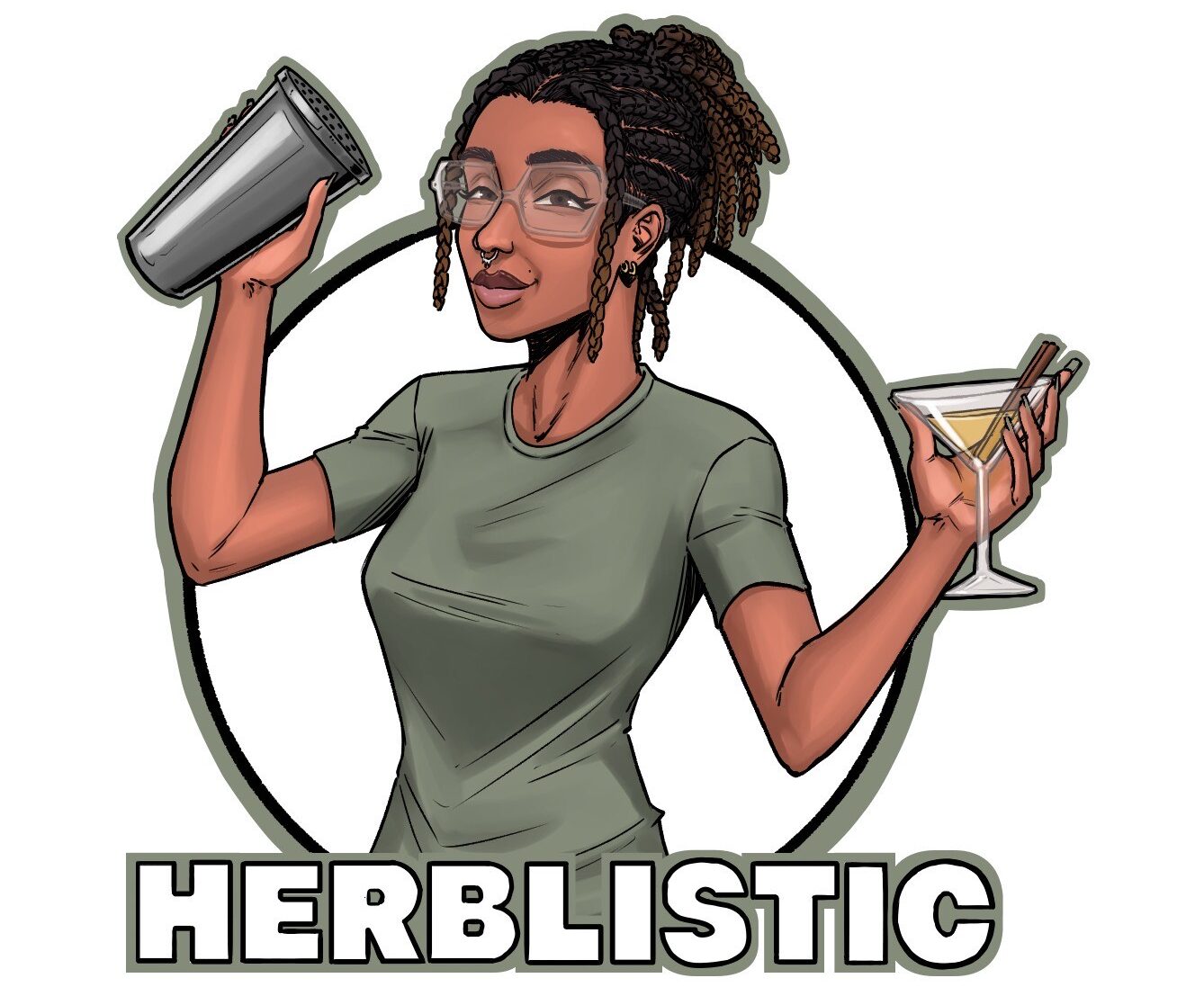

Autoimmune disorders occur when the immune system mistakenly attacks healthy cells in the body, leading to chronic inflammation and tissue damage. Conditions like rheumatoid arthritis, lupus, multiple sclerosis, and Hashimoto’s thyroiditis are just a few examples. While conventional medicine often focuses on immunosuppressive drugs to manage symptoms, many individuals seek natural remedies to complement their treatment plans or as an alternative approach to managing their autoimmune conditions.
In this blog post, we’ll explore some holistic remedies that can support immune function, reduce inflammation, and promote overall well-being for those with autoimmune disorders.

1. Dietary Adjustments: Nourishing Your Body from Within
What you eat plays a critical role in managing autoimmune disorders. Many individuals with autoimmune conditions benefit from an anti-inflammatory diet that supports the immune system and promotes healing.
Anti-Inflammatory Foods
- Omega-3 Fatty Acids: Found in fatty fish like salmon, mackerel, and sardines, as well as in flaxseeds and walnuts, omega-3s can help reduce inflammation.
- Leafy Greens & Cruciferous Vegetables: Spinach, kale, broccoli, and Brussels sprouts are rich in antioxidants and vitamins that support immune health.
- Turmeric & Ginger: Both contain powerful anti-inflammatory compounds—curcumin in turmeric and gingerol in ginger—that can help manage inflammation.
- Berries & Citrus Fruits: Rich in antioxidants and vitamin C, these fruits help reduce oxidative stress and support immune function.
Elimination Diets
Some autoimmune conditions, like celiac disease and gluten sensitivity, may improve with the removal of gluten from the diet. Additionally, following an elimination diet (removing foods such as dairy, grains, sugar, and processed foods) and slowly reintroducing them can help identify triggers that worsen symptoms.
Gut Health

Research shows a strong link between the gut microbiome and autoimmune disease. A healthy gut can help regulate immune responses and reduce inflammation. Probiotic-rich foods like sauerkraut, kimchi, and kefir, as well as prebiotics from foods like garlic, onions, and leeks, can help maintain a balanced gut microbiome.
2. Herbal Supplements: Nature’s Healing Potential

Many herbs have shown promise in supporting immune function and reducing inflammation. However, it’s important to consult with a healthcare provider before introducing new herbs into your routine, especially if you are on medications.

Adaptogens
Adaptogenic herbs help the body respond to stress, which is particularly beneficial in autoimmune disorders, as stress can worsen symptoms. Some well-known adaptogens include:
- Ashwagandha: Known for its ability to lower stress and support thyroid function.
- Rhodiola Rosea: Can help reduce fatigue and support adrenal health.
- Holy Basil: Aids in reducing inflammation and balancing immune responses.
Anti-Inflammatory Herbs
- Turmeric: Beyond its culinary uses, turmeric’s active compound, curcumin, has been extensively researched for its anti-inflammatory properties.
- Boswellia: Also known as frankincense, this herb is believed to have potent anti-inflammatory effects and may help reduce symptoms of arthritis and joint pain.
- Ginger: Not only helps with nausea, but it also possesses anti-inflammatory and immune-modulating properties.
Immune Modulators
Certain herbs can help balance the immune system by strengthening it without overstimulating it.
- Echinacea: Known for its immune-boosting properties, it can help modulate the immune response.
- Astragalus: Supports overall immune function and has been traditionally used to prevent colds and boost vitality.
- Andrographis: A strong anti-inflammatory herb, it has been used for its immune-regulating properties.

3. Mind-Body Practices: Reducing Stress and Promoting Healing
The mind-body connection plays a significant role in managing autoimmune diseases. Stress can trigger flare-ups or exacerbate symptoms, so learning to manage stress is crucial for healing.
Meditation & Mindfulness
Regular meditation practice has been shown to reduce inflammation, improve immune function, and promote emotional well-being. Mindfulness techniques, such as focusing on your breath and practicing self-compassion, can help manage the mental stress that often accompanies autoimmune conditions.
Yoga & Tai Chi
Gentle yoga or Tai Chi can promote flexibility, reduce joint pain, and improve mobility. These practices also support relaxation and stress reduction, which can have a profound effect on autoimmune conditions.
Breathing Exercises
Deep breathing techniques, such as diaphragmatic breathing or box breathing, can activate the parasympathetic nervous system (the body’s “rest and digest” mode) and help lower stress hormones like cortisol, which can exacerbate inflammation.
4. Exercise: Movement for Healing

While rest is important for managing flare-ups, regular exercise (as tolerated) is essential for maintaining strength, reducing inflammation, and improving energy levels.
Low-Impact Exercise
For individuals with autoimmune conditions that affect joints (like rheumatoid arthritis), low-impact exercises such as swimming, walking, or cycling are ideal. These activities reduce the risk of joint strain while helping to maintain muscle mass and overall circulation.
Strength Training
Building muscle strength is important for supporting joints and improving mobility, especially if the autoimmune disorder affects the musculoskeletal system. Working with a physical therapist or a trainer knowledgeable about autoimmune conditions can help create a safe and effective workout plan.
5. Adequate Sleep: Restoring Balance

Sleep is a cornerstone of good health, and it’s especially important for those with autoimmune disorders. Poor sleep can increase inflammation and weaken immune function, potentially leading to flare-ups.
- Establish a Regular Sleep Routine: Going to bed and waking up at the same time each day helps regulate circadian rhythms.
- Create a Restful Environment: Keep the bedroom cool, dark, and quiet to promote deeper sleep.
- Limit Blue Light Exposure: Reduce screen time in the hour before bed to allow melatonin levels to rise naturally.
6. Essential Oils and Aromatherapy: A Gentle Approach

Aromatherapy using essential oils can help reduce stress, enhance relaxation, and support immune health. Some oils that may be beneficial for autoimmune disorders include:
- Lavender: Known for its calming properties and ability to reduce anxiety and stress.
- Frankincense: Can promote relaxation and is thought to have anti-inflammatory properties.
- Eucalyptus: Known for its ability to support respiratory health and alleviate inflammation.
Essential oils can be diffused into the air, used in a warm bath, or diluted and applied topically (with a carrier oil).
7. Hydration: The Foundation of Health

Staying properly hydrated is essential for overall health and can help manage autoimmune conditions. Water helps flush toxins from the body, lubricates joints, and supports the function of every organ in the body. Aim to drink filtered water throughout the day, and consider herbal teas that may have additional healing benefits, such as chamomile or nettle.
Final Thoughts: A Holistic Approach to Healing
While holistic remedies can support overall health and help alleviate some symptoms of autoimmune disorders, they should not replace conventional medical treatment. It’s important to work with a healthcare provider to develop a comprehensive, individualized treatment plan that includes both medical care and natural therapies.
A holistic approach to managing autoimmune conditions focuses on nourishing the body, balancing the mind, and healing the spirit. With the right combination of diet, herbs, lifestyle changes, and stress-management practices, you can improve your quality of life and empower your body to thrive.
Disclaimer: If you’re interested in learning more about how holistic remedies can support your autoimmune health, be sure to consult with a qualified healthcare professional and explore which options best suit your unique needs.

This is an amazing post, since there are people everyday that deal with these types of situations; this post will definitely be one I send someone who suffers from this!
Thank you!
This literally hits on everything!! It’s so informative everybody should read this
Thank you!
Love this! Helpful on so many levels. Thank you
Thank you!